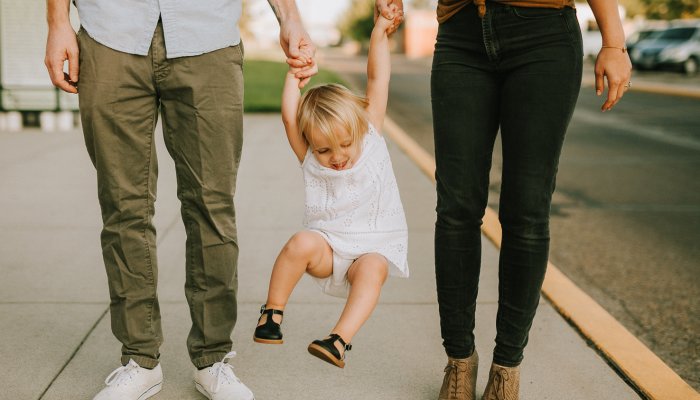

Here’s an example: In our house, we have a well-established rule that screens are turned off at 9 p.m. So, when I recently walked into my 12-year-old’s bedroom at 9:50 p.m. to find him in the dark on his phone, my upset started to get the better of me. Clearly, the previous times I had lectured him, cut his screen time, or taken away his phone had not made a dent in his psyche. Not to mention, he somehow figured out how to bypass the “downtime” I had so cleverly set up. I stood in the doorway, disappointed and silent.
The thing was, I didn’t want to get upset again. I don’t like feeling angry, I don’t like how upset it makes him, and I don’t like how it makes me feel afterward. I cherish the times we can talk openly, when we understand each other and when we feel connected.
So, I stopped. I put my hand over my heart. I took five slow, deep breaths, focusing on my breath as it moved in and out through my heart area. The shift in my emotional state, from upset to calm, was immediate and palpable. In that moment, I realized that I wasn’t upset at him as much as I was afraid that he was addicted to his phone.
So, instead of yelling or lecturing, I calmly walked over and sat on the edge of his bed. I was honest with him about how I was feeling and told him that I cared about his well-being. What ensued was a 10-minute conversation where we talked about the insidious addiction to screens, how it affects brain development, attention, and our ability to enjoy the “less exciting” things in life. He listened, we talked (actually laughed a little), and he reached a new understanding about why we limit his screen time.
Afterward, I asked his perspective on this new approach to his misdemeanor. He reflected appreciation for having learned more about the “why” and a desire not to deceive me again. When I asked what would have happened if I had lectured him and taken his phone away, he replied, “I probably would just make sure not to get caught next time.”
I realized that my ability to self-regulate, and not get caught up in the upset of the moment helped me identify what was really going on for me, allowed us to have a deeper connection and probably averted dozens of similar arguments in the future.








